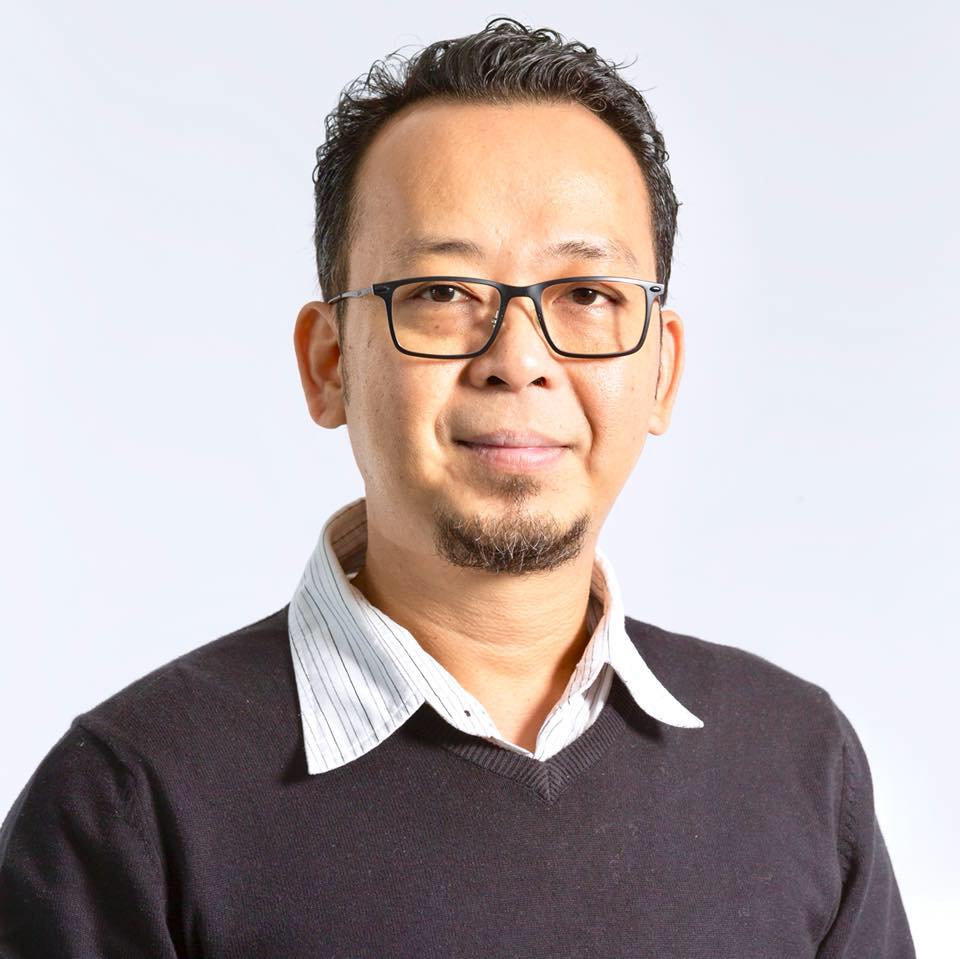Foreign Ministers’ Meeting of ASEAN was held from 11 to 14 July in Jakarta, Indonesia which is the rotating chair of the bloc this year.
It was expected that Indonesia would review the ‘5-Point Consensus’ of ASEAN on Myanmar crisis during the meeting.
This interview with political analyst Dr Sai Kyi Zin Soe is about delayed implementation of ASEAN common consensus over the past two years and the needs for its realization.
TLT: The ‘5–Point Consensus’ of ASEAN has not been implemented until now. What is your view on it?
Dr Sai Kyi Zin Soe: The 5-Point Consensus was reached in April 2021 after the meeting between ASEAN and military chief Senior General Min Aung Hlaing. There has been no remarkable progress on this agreement under the two rotating chairs of ASEAN. Although Indonesia could organize some discussions under its term for the bloc’s chair, no significant result has come out.
TLT: Indonesia is likely to expect all-inclusive dialogue in Myanmar issue. Is it possible to realize?
Dr Sai Kyi Zin Soe: Resistance forces have determined to topple the military council and to bring military chief Min Aung Hlaing to justice. They want to root out the military dictatorship. They have expected a new nation based on federal system. They want to stop external instigation. They hope for a fair election before handing over state power to the winning party in the election.
Meanwhile, international community prefer ASEAN’s negotiation to find solution in Myanmar issue through political dialogue for ensuring stability in the region. These ideas have some sorts of contradiction. So, it is hardly to see progress.
TLT: What does ASEAN need to do in addressing Myanmar crisis?
Dr Sai Kyi Zin Soe: ASEAN has array of tasks in Myanmar issue. Which area will they focus on? There are some scenarios—the military’s policy on non-disintegration of the Union, consolidation of sovereignty, etc., the revolution’s emergence for a genuine government elected by people, or emergence of independent administrative units. The limitation of ASEAN is their charter which allows any decision can be made only if all the members agree on it for implementation. The block has restricted not to interfere in internal affairs of other countries. Despite these rules, different member countries of ASEAN has different stance and political view. While some member countries are ruled by semi-authoritarianism, some others are still struggling in transition stage of democratization. Indonesia and Malaysia have democratic norms like western countries.
Meanwhile, Cambodia and Singapore have specific stance. Vietnam and Cambodia focus on economy-oriented policies. So, these member countries have different views and some limitations to work together unitedly on Myanmar issue.
TLT: What is your view on the split idea of ASEAN on Myanmar issue?
Dr Sai Kyi Zin Soe: International community consider political issues in line with their principles. Human rights and democracy are the common norms accepted by many countries. In this trend, dialogue is used for solving political crisis and avoid bloodshed. No country will openly provide arms and ammunition to remove the military council, although they might be behind the scene. No state will publicly support armed struggle. This is international framework to end conflicts. While the junta military is controlling all the resistance forces which are making all-out efforts to remove the junta. In different principles, both sides will follow international norms until they have capacity for the cost of battles. Only when supports for revolution have declined, they would choose dialogue to get upper hand. An example is Daw Aung San Suu Kyi and her party contested 2012 by-elections of 2010 General Election in post-Nargis cyclone in Myanmar. I cannot imagine such situation will happen. At that time, dialogue would take place to end conflicts.
TLT: It is difficult to forecast the effectiveness of ASEAN. The bloc was organized to prevent emergence of Communist thoughts, polices and regimes. It has gradually expanded, and there were some objections not to allow Myanmar as a member in the aftermath of 1988 uprising in the country. However, Myanmar junta at that time could join ASEAN. Most of the ASEAN member countries are actually by semi-authoritarian country in the guise of democratic countries. In their previous records, ASEAN was formed with the administrative level. They spoke out as an organization. They have no priority in human rights, and hardly discuss wellbeing of grassroots from member countries. ASEAN leaders allowed only about three minutes of presentation from civil society organization, and they nevered implemented the suggestions.
ASEAN itself is apparently working for their administrative level. They could not bring about the expectation of Myanmar people.

